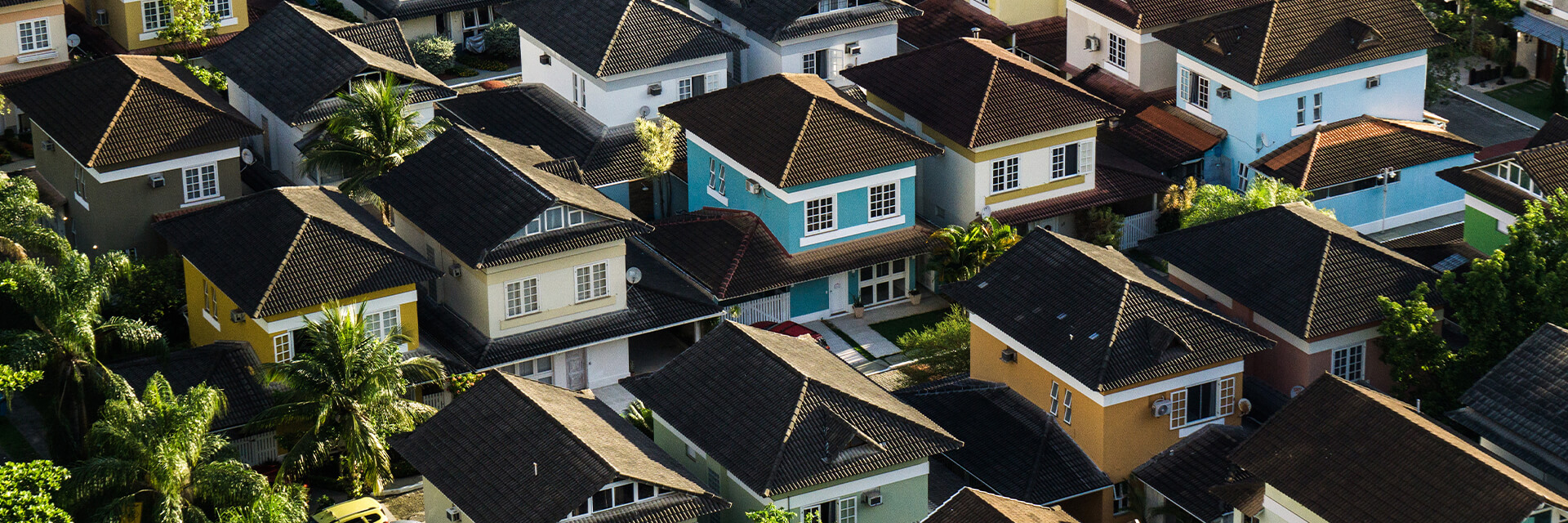
Multifamily Real Estate Trends
- Published
- Jun 11, 2020
- Topics
- Share
In May, EisnerAmper hosted a virtual multifamily roundtable for garden apartment and multifamily property owners, operators and investors who are based in New Jersey and New York. During this session, participants shared their unique perspectives on pertinent issues regarding the effects of COVID-19 on their portfolios.
Collections
Owners across the board reported 95%-plus rent collections for both April and May, which was a pleasant surprise in light of expectations. They attribute these high collections to their increased efforts in reaching out to tenants and having an open dialogue. The owners are concerned about collections moving forward as funds from the CARES ACT and HEROES ACT dwindle. An interesting dynamic that one operator noted was that nearly 20% of his residents discontinued automatic payments in order to use other payment types. Is this a sign of possible future struggles to pay rent?
New Ideas
As a way of lifting the spirits of some tenants, one participant had a drawing for a $500 rent credit. In addition, many owners have begun to eliminate or waive amenity fees, as tenants are not able use them because of social distancing and local restrictions.
Leasing and Occupancy
The group, as a whole, saw that renewals are at an all-time high, and while new leases are still happening they have slowed quite a bit. They attribute the decrease in rental velocity to people being more apprehensive to leave their homes, as well as renters being wary of the cleanliness of prospective apartments. The use of virtual tours to show the units has helped with new rentals.
Both A and B Class apartments have very high occupancy rates, while C Class apartments are not faring as well. Tenants in the latter class are more likely to hold jobs in industries that have been hit hard during the pandemic.
Flight
One investor who owns a high-rise tower in Manhattan mentioned that 75% of his three-bedroom-unit tenants have left either permanently or temporarily. There is a definite shrinking of the rental base for larger apartments in NYC. Student housing is not performing as well as other properties, as students are away from their campuses and have not signed new leases due to the uncertainty of fall class locations.
Tenant Safety
The roundtable participants discussed the actions they are taking to make their properties safe for tenants and prospects. Within the leasing offices, many have placed plastic shields to help prevent the spread of disease. Many have ramped up cleaning in common areas such as hallways and laundry rooms. In addition, one property owner mentioned that they are only completing mandatory repairs to prevent unnecessary contact with building staff. All participants agreed that these measures are short-term and that long-term measures will need to be put into place once we have a better idea of where things are headed. In addition to tenant safety, owners and operators are taking these safety measures seriously with their own employees in mind.
Acquisitions
As a result of uncertainty in valuations and pricing caused by the pandemic, the participants agreed that buyers and sellers are more cautious. In order to acquire a property now, buyers are looking for a discount. Despite the fact that rental collections are better than expected, buyers are cautious concerning rent in the future if unemployment and government stimulus checks cease.
Contact EisnerAmper
If you have any questions, we'd like to hear from you.
Receive the latest business insights, analysis, and perspectives from EisnerAmper professionals.











